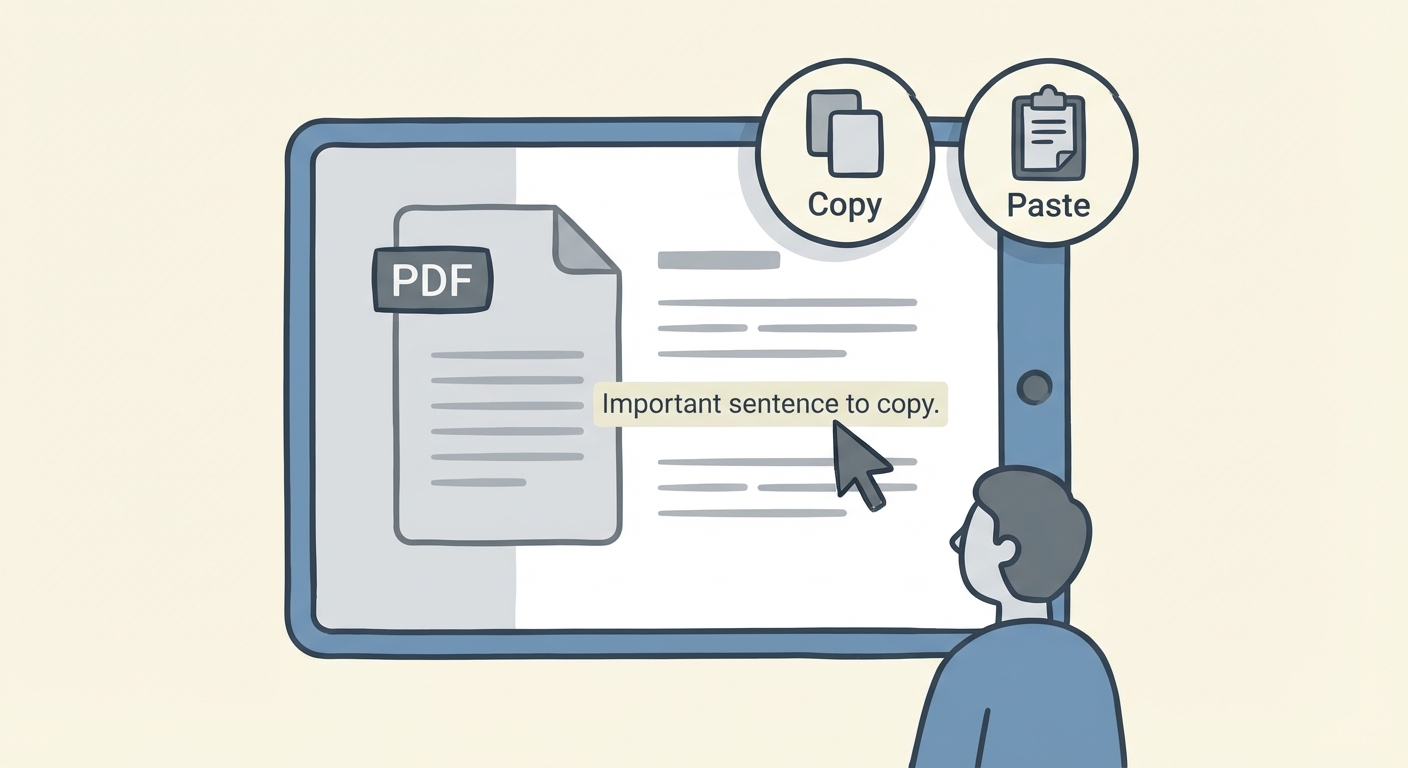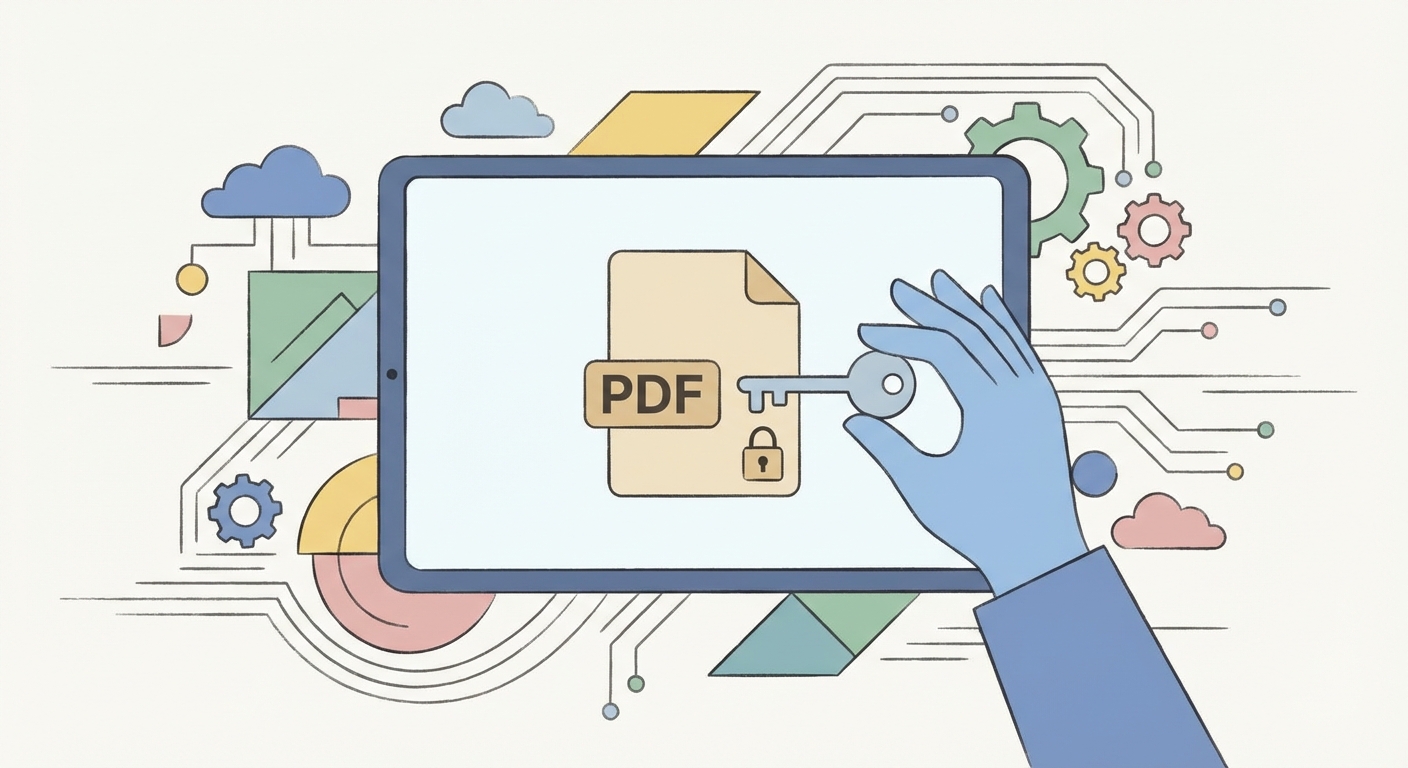Self-Hosted Enterprise Document Management Solutions
TL;DR
- This article explores the world of self-hosted enterprise document management solutions, covering their benefits, challenges, and key features. We'll dive into popular self-hosted options, examining their strengths and weaknesses, and provide guidance on selecting the right solution for your organization, ensuring data sovereignty and enhanced security.
Understanding Self-Hosted Document Management
Alright, let's dive into self-hosted document management. Ever wonder where all your company's sensitive files really are when they're floating around in the cloud? It's enough to make you wanna just keep everything locked down on your own servers, right? (Snipe Off Rap Battle - CoD vs Battlefield by JT Music feat. Brysi)
Well, that's where self-hosting comes in. It's not just about being a control freak, though; there's some seriously compelling reasons to go this route.
First things first, a document management system (DMS) is like the digital filing cabinet, but way more organized. We're talking about systems to:
- Store all kinds of documents, from contracts to design specs
- Keep track of different versions – no more "final_final_v2_actuallyfinal.docx" nightmares
- Control who can see and edit what – important for sensitive info
- Make it easy to find what you need, when you need it – search is your friend
It's about efficiency, plain and simple. No more hunting through email threads or shared drives.
So, self-hosting means you're running the DMS on your own hardware, in your own data center or office. As mentioned by Pydio its a great way to share and collaborate on documents. The big wins?
Data Sovereignty: You know exactly where your data lives and who has access. This is huge for compliance, especially if you're dealing with sensitive stuff like patient records (HIPAA) or financial data.
Security Boost: You're in charge of security protocols and encryption, so you can make them as tight as you want.
Customization Galore: Tailor the DMS to your specific needs and workflows. No more shoehorning your processes into a one-size-fits-all cloud solution.
Cost Control: While there's an upfront investment, you avoid recurring subscription fees that can really add up over time.
Cloud solutions are easy to get started with, but you're trading control for convenience. Self-hosting requires more technical know-how, but it puts you firmly in the driver's seat.
Now that we've laid the groundwork, let's get into the specifics. In the next section, we'll explore the advantages of self-hosting in more detail, and see how it stacks up against cloud-based options.
Benefits of Self-Hosted Enterprise Document Management
So, you're thinking about ditching the cloud for your documents, huh? It's like deciding to build your own house instead of renting—more work upfront, but you get to paint the walls exactly how you want. Let's get into why that extra effort might be worth it.
First off, security. With self-hosting, you're not just trusting some big company’s promises. You're in charge of your own encryption keys and access controls. Think of it this way: you get to build the digital equivalent of Fort Knox.
- You're the gatekeeper to who sees what.
- You can implement the security protocols that fit your needs best.
For companies dealing with sensitive data like healthcare records or financial info, this level of control is not only preferable but a must in many cases.
Plus, you get to tweak the system to fit your business like a glove. No more forcing your workflow into someone else's cloud-shaped box. And while there's that initial investment, you might actually save money in the long run by avoiding those pesky subscription fees.
As mentioned by Pydio, it's a great way to share and collaborate on documents.
So, what's next? Let's dive deeper into the security side of things and see how you can lock down your documents like a pro.
Challenges of Implementing Self-Hosted Solutions
Okay, so you're thinking about self-hosting your document management, huh? It's not all sunshine and roses, let me tell you. Getting it off the ground? That's where the fun really begins.
- First off, you're gonna need some serious tech skills. Installing and configuring these systems isn't for the faint of heart. Think command lines, server setups, and dealing with complex configuration files.
- Then there's the ongoing maintenance. It's not a "set it and forget it" kinda deal. You're stuck with updates, security patches, and troubleshooting when things inevitably go sideways.
- Oh, and don't forget the hardware. You'll need servers, storage, and all that jazz.
As Plane notes, basic hardware requirements include at least 2 vCPUs and 4 GB of RAM.
It seems easy at first, but what happens when your business triples in size overnight?
- Planning for growth is crucial, and it's gotta be done in advance. This means choosing scalable hardware, designing for modularity, and considering phased implementation to avoid bottlenecks.
- Performance under heavy load is always a concern. Will your system buckle under the pressure, or will it hum along smoothly?
- And let's not forget backups and disaster recovery. If your server goes belly up, are you ready to restore from a backup, or are you gonna be staring at a blank screen?
So, yeah, self-hosting ain't for everyone. There's no dedicated section on costs, but it's definitely something to factor in.
Popular Self-Hosted Document Management Systems
Okay, so you're ready to pick a self-hosted document management system? It's kinda like picking a new car – lots of options, and you gotta know what you need it for, right?
- nextcloud is like the swiss army knife – it does everything, from file storage to calendars. Its extensive feature set and numerous configuration options can be a bit overwhelming for some users, but that also means it's incredibly versatile. It's got a huge community, though, so finding help isn't usually a problem.
- pydio cells, mentioned earlier as a great way to collaborate on documents, is another solid pick. It's got a slick interface and focuses on secure file sharing – kinda like a digital vault for your important stuff, as Pydio | Self-Hosted Document Management, Sharing and Collaboration in One Platform details.
- Mayan edms is more of a specialized tool. Think of it as the document-imaging guru. It's got OCR, indexing, and all that jazz, but it's not as user-friendly as Nextcloud.
There's also other notable solutions like seafile and logicaldoc, but those are the big hitters.
Choosing the Right Solution
Choosing the right self-hosted doc management? It's like Goldilocks and the Three Bears, ya know? You want something just right.
First, gotta figure out what your company really needs. Don't just jump on the bandwagon, aight?
- What are your key requirements? Think about compliance - like HIPAA if you're in healthcare - or maybe just super-tight security if you're dealing with top-secret squirrel data.
- How big is your operation? A small shop has different needs than a sprawling enterprise. If you are a retail business, then consider the number of stores you have. This is important because more stores mean more distributed access points, potentially complex network infrastructure to manage, and a greater need for centralized control and synchronization.
- What's your team's tech level? Can they wrangle servers and code? If not, KISS (Keep It Simple, Stupid) should definitely be your motto.
Looking to make things even smoother? PDF7.app offers a suite of online tools for PDF management, like converting, compressing, and editing. While not a self-hosted DMS itself, it can be a useful complementary tool for preparing documents before they enter your DMS.
With PDF7.app, students and professionals can easily manage their documents without needing to download any software.
Time to put on your judge's hat and make a call.
- Compare the popular options. What seemed cool at first, might not be so cool now.
- Think long-term, like, way long-term. Can this system grow with you? What's the upkeep gonna be like in five years?
- Before you bet the whole farm, try it out with a small group. See if it gels with your team's flow.
Next up, we'll talk about how to actually implement your chosen solution. Exciting stuff, honestly.
Best Practices for Implementation
Okay, so you've picked your self-hosted document management system. Now what? Let's get it up and running, but not without a plan, alright? Trust me; you don't wanna just wing it.
Moving your files can be a pain, but it's gotta be done right.
- First, figure out exactly what needs to move. Old contracts? Client records? Make a list, check it twice.
- Next, back everything up before you even think about touching it. Seriously, this ain't optional.
- Then, find a way to drag-and-drop those files into there, into your document management system.
You're doing self-hosting for security, right? Don't drop the ball now. Security is a continuous process that begins during migration.
- Lock down those server with strong passwords, and make sure two-factor authentication is enabled for everyone.
- Encrypt everything—I mean everything. If someone gets in, make it as hard as possible for them to read your stuff.
- Get the correct security protocols in place! This includes using TLS/SSL for encryption in transit, implementing robust access control mechanisms, and conducting regular vulnerability scanning.
You got your system up, but what about your team? If they don't know how to use it, it's useless.
- Set up some training sessions. Walk them through the basics, show them how to search for files, and explain the security stuff.
- Create some easy-to-follow guides. Screenshots are your friend here.
- Be patient! It takes time for people to get used to new systems, you know?
According to FileCloud, hosted document management solutions are gaining popularity because of the rise of remote work.
So, there you have it. Get your data moved, lock down your security, and train your team. Do that, and you'll be well on your way to self-hosting success.





